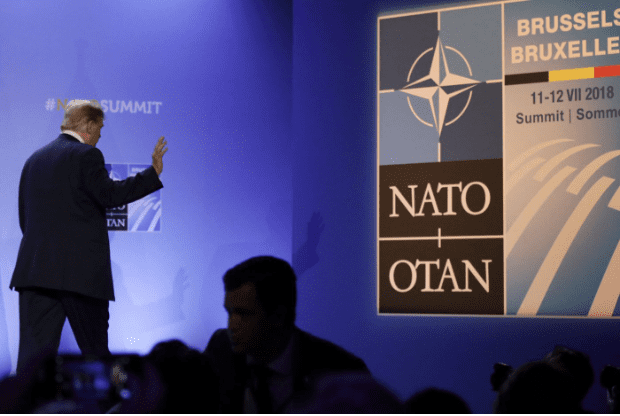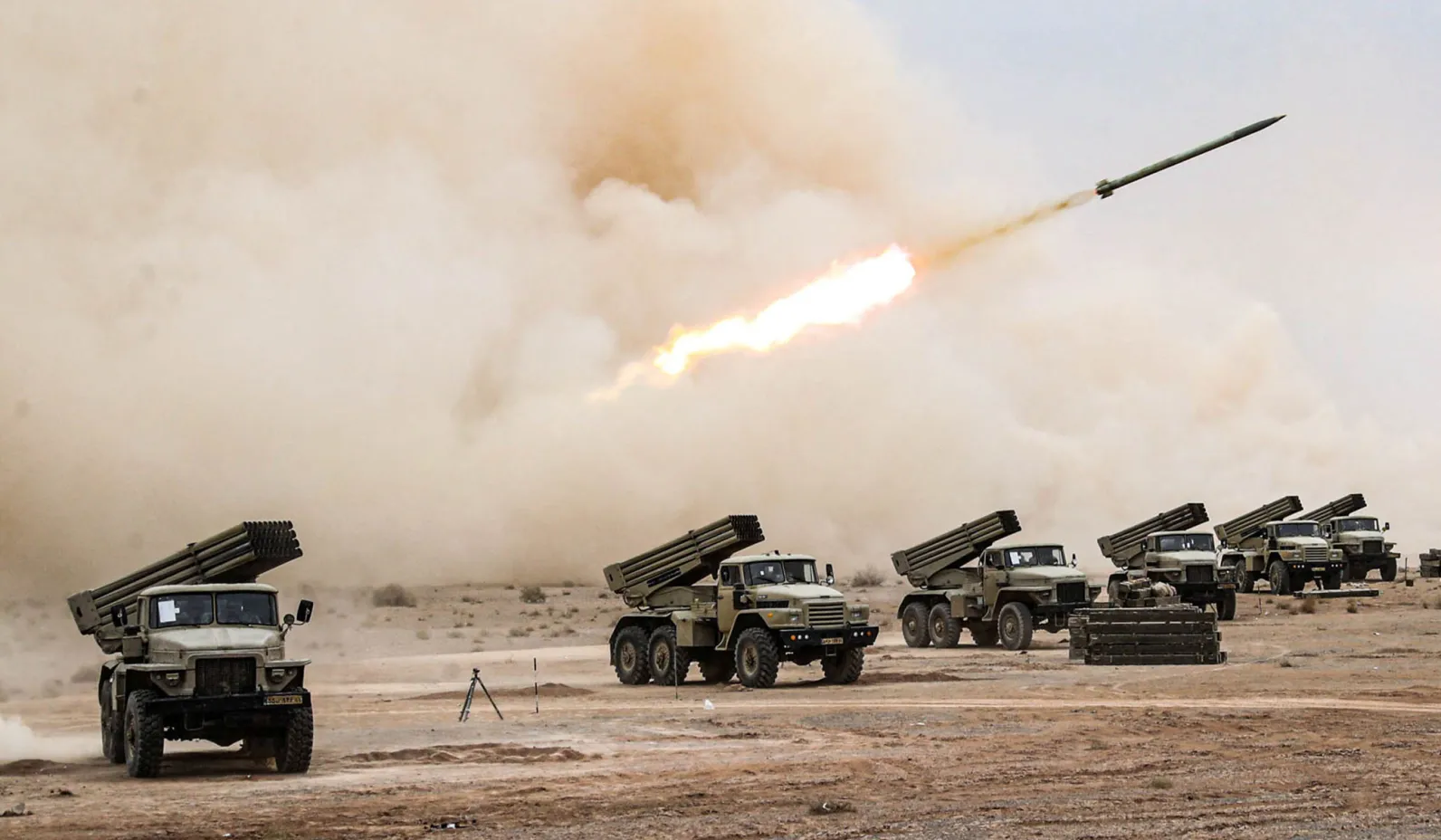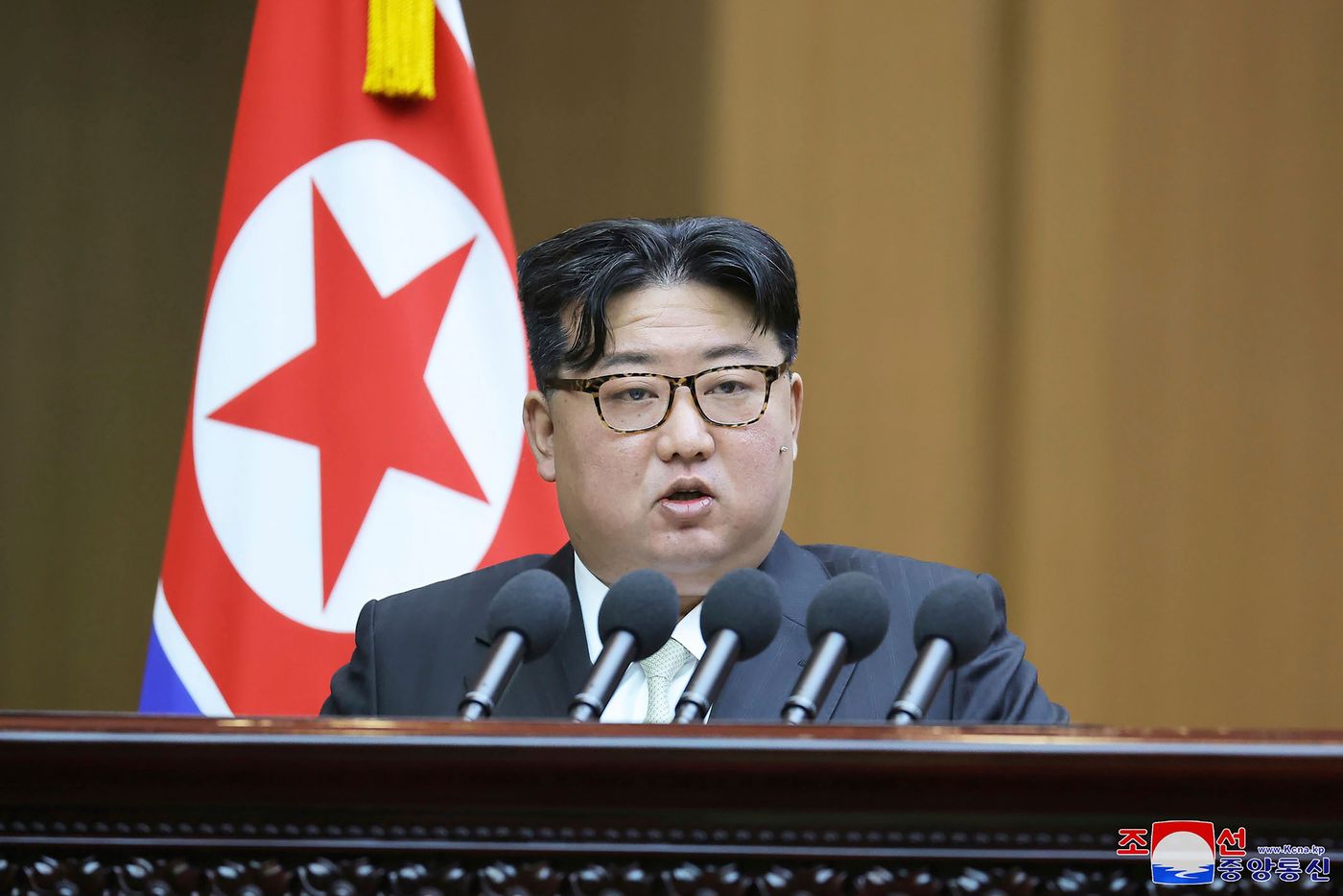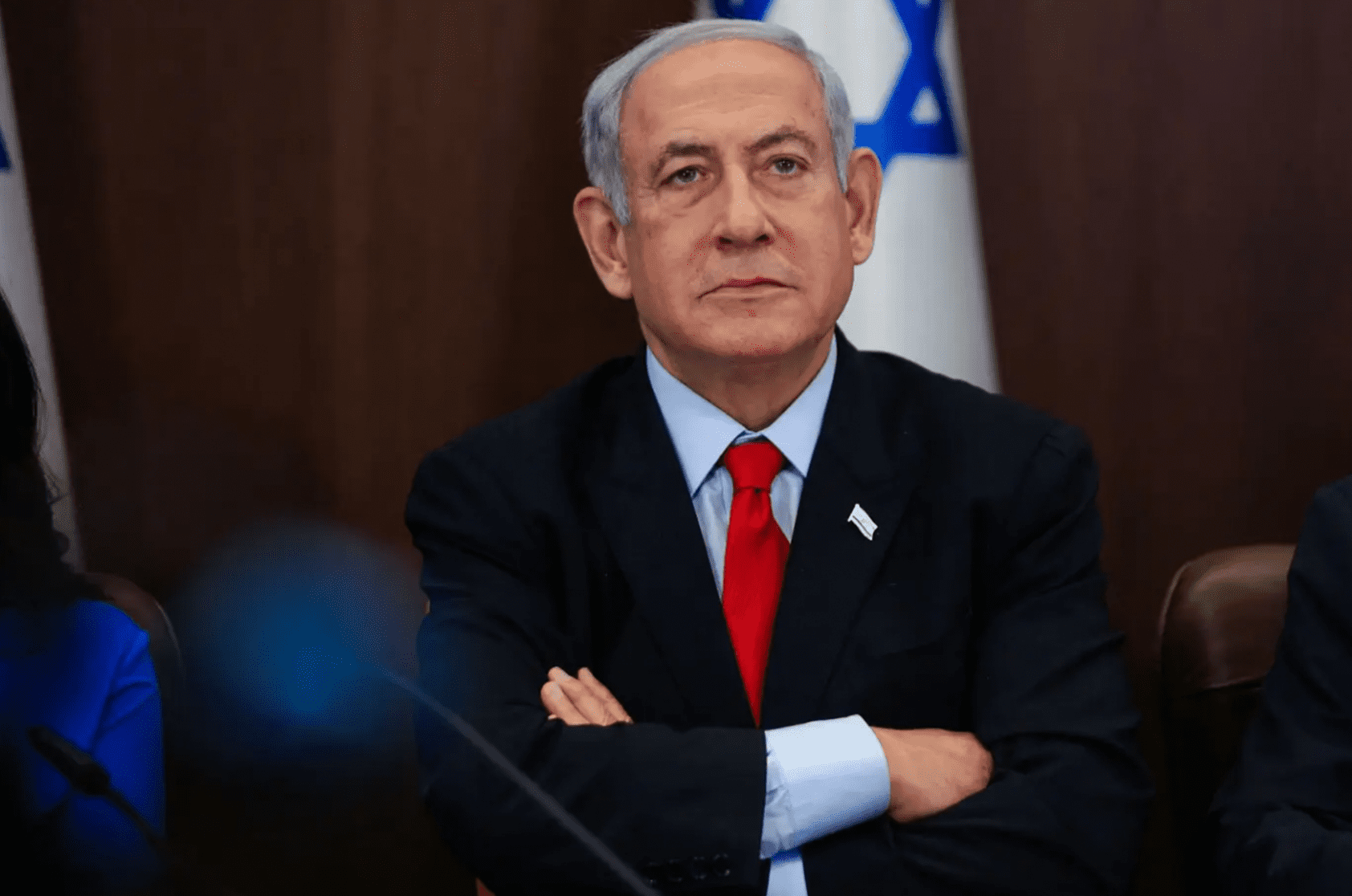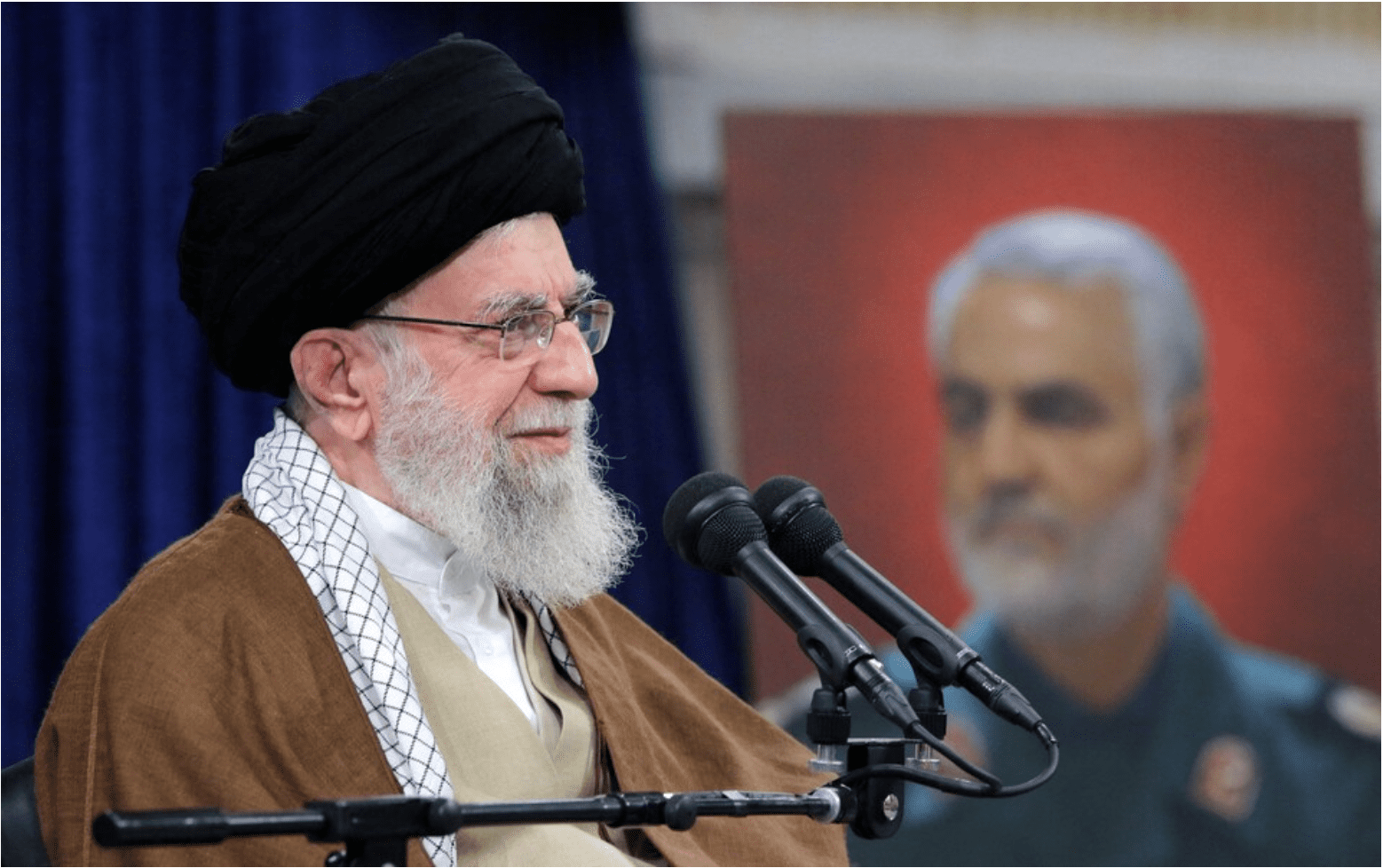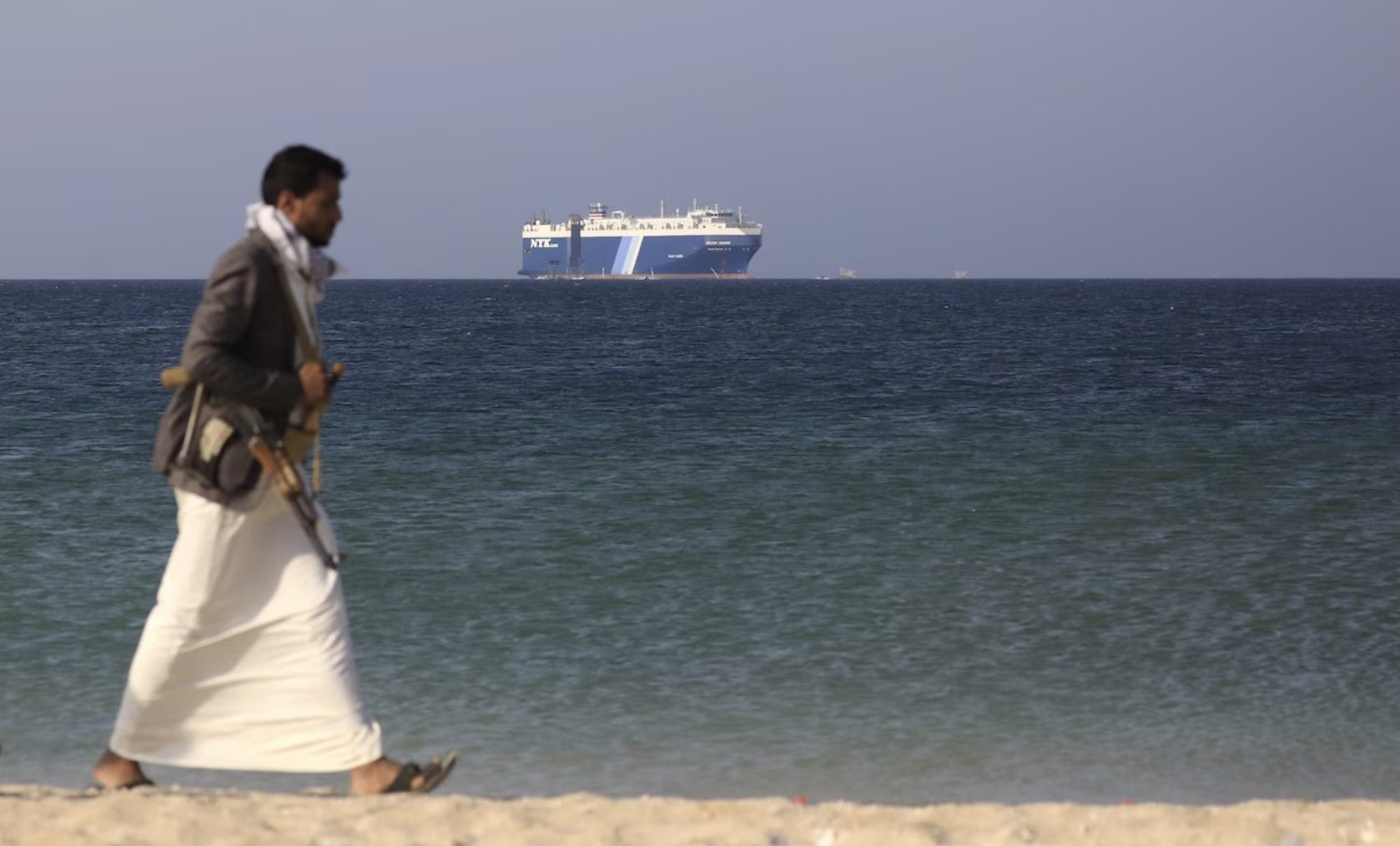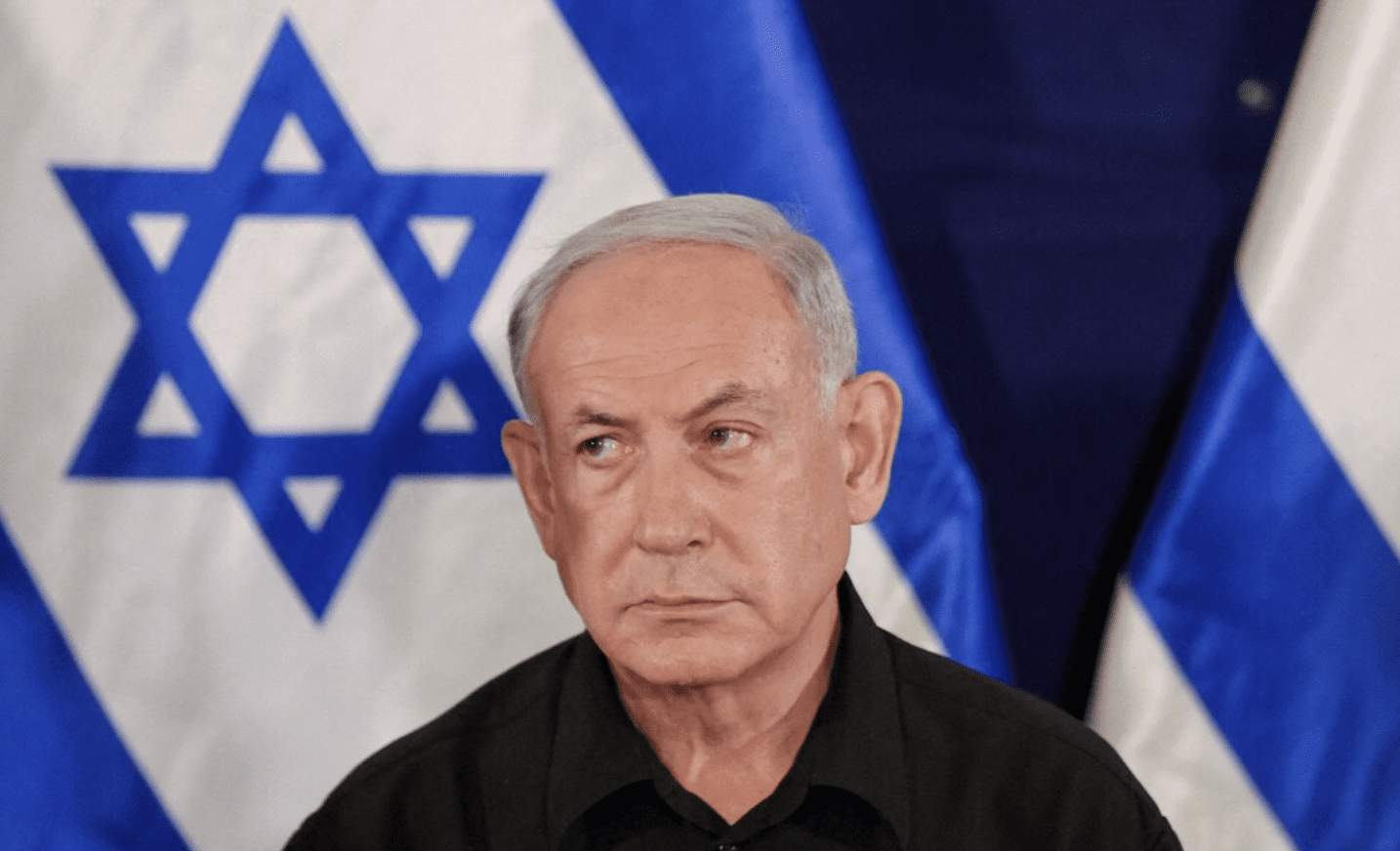His isolationist views and erratic thinking and style would post even greater risks in a second term.
When I became President Trump’s national security adviser in 2018, I assumed the gravity of his responsibilities would discipline even him. I was wrong. His erratic approach to governance and his dangerous ideas gravely threaten American security. Republican primary voters should take note.
Mr. Trump’s only consistent focus is on himself. He invariably equated good personal relations with foreign leaders to good relations between countries. Personal relations are important, but the notion that they sway Vladimir Putin, Xi Jinping and their ilk is perilously wrong.
Mr. Trump’s most dangerous legacy is the spread of the isolationist virus in the Republican Party. The Democrats long ago adopted an incoherent melding of isolationism with indiscriminate multilateralism. If isolationism becomes the dominant view among Republicans, America is in deep trouble.
The most immediate crisis involves Ukraine. Barack Obama’s limp-wristed response to Moscow’s 2014 aggression contributed substantially to Mr. Putin’s 2022 attack. But Mr. Trump’s conduct was also a factor. He accused Ukraine of colluding with Democrats against him in 2016 and demanded answers. No answers were forthcoming, since none existed. President Biden’s aid to Ukraine has been piecemeal and nonstrategic, but it is almost inevitable that a second-term Trump policy on Ukraine would favor Moscow.
Mr. Trump’s assertions that he was “tougher” on Russia than earlier presidents are inaccurate. His administration imposed major sanctions, but they were urged by advisers and carried out only after he protested vigorously. His assertions that Mr. Putin would never have invaded Ukraine had he been re-elected are wishful thinking. Mr. Putin’s flattery pleases Mr. Trump. When Mr. Putin welcomed Mr. Trump’s talk last year of ending the Ukraine war, Mr. Trump gushed: “I like that he said that. Because that means what I’m saying is right.” Mr. Putin knows his mark and would relish a second Trump term.
An even greater danger is that Mr. Trump will act on his desire to withdraw from the North Atlantic Treaty Organization. He came precariously close in 2018. The Supreme Court has never ruled authoritatively whether the president can abrogate Senate-ratified treaties, but presidents have regularly done so. Recently enacted legislation to stop Mr. Trump from withdrawing without congressional consent likely wouldn’t survive a court challenge. It could precipitate a constitutional crisis and years of litigation.
Mr. Trump is unlikely to thwart the Beijing-Moscow axis. While he did draw attention to China’s growing threat, his limited conceptual reach led to simple-minded formulas (trade surpluses good, deficits bad). His tough talk allowed others to emphasize greater Chinese misdeeds, including massive theft of Western intellectual property, mercantilist trade policies, manipulation of the World Trade Organization, and “debt diplomacy,” which puts unwary countries in hock to Beijing. These are all real threats, but whether Mr. Trump is capable of countering them is highly doubtful.
Ultimately, Beijing’s obduracy and Mr. Trump’s impulse for personal publicity precluded whatever slim chances existed to eliminate China’s economic abuses. In a second term, Mr. Trump would likely continue seeking “the deal of the century” with China, while his protectionism, in addition to being bad economic policy, would make it harder to stand up to Beijing. The trade fights he picked with Japan, Europe and others impaired our ability to increase pressure against China’s broader transgressions.
The near-term risks of China manufacturing a crisis over Taiwan would rise dramatically. Mr. Xi is watching Ukraine and may be emboldened by Western failure there. A physical invasion is unlikely, but China’s navy could blockade the island and perhaps seize Taiwanese islands near the mainland. The loss of Taiwan’s independence, which would soon follow a U.S. failure to resist Beijing’s blockade, could persuade countries near China to appease Beijing by declaring neutrality.
Taiwan’s fall would encourage Beijing to finalize its asserted annexation of almost all the South China Sea. Littoral states like Vietnam and the Philippines would cease resistance. Commerce with Japan and South Korea, especially of Middle Eastern oil, would be subjected to Chinese control, and Beijing would have nearly unfettered access to the Indian Ocean, endangering India.
And imagine Mr. Trump’s euphoria at resuming contact with North Korea’s Kim Jung Un, about whom he famously boasted that “we fell in love.” Mr. Trump almost gave away the store to Pyongyang, and he could try again. A reckless nuclear deal would alienate Japan and South Korea, extend China’s influence, and strengthen the Beijing-Moscow axis.
Israel’s security might seem an issue on which Mr. Trump’s first-term decisions and rhetoric should comfort even his opponents. But he has harshly criticized Prime Minister Benjamin Netanyahu since the Oct. 7 attacks, and there is no foreign-policy area in which the absence of electoral constraints could liberate Mr. Trump as much as in the Middle East. There is even a danger of a new deal with Tehran. Mr. Trump almost succumbed to French President Emmanuel Macron’s pleading to meet Iran’s foreign minister in August 2019.
Mr. Trump negotiated the catastrophic withdrawal deal with the Taliban, which Mr. Biden further bungled. The overlap between Messrs. Trump’s and Biden’s views on Afghanistan demonstrate the absence of any Trump national-security philosophy. Even in the Western Hemisphere, Mr. Trump didn’t carry through on reversing Obama administration policies on Cuba and Venezuela. His affinity for strongmen may lead to deals with Nicolás Maduro and whatever apparatchik rules in Havana.
Given Mr. Trump’s isolationism and disconnected thinking, there is every reason to doubt his support for the defense buildup we urgently need. He initially believed he could cut defense spending simply because his skills as a negotiator could reduce procurement costs. Even as he increased defense budgets, he showed acute discomfort, largely under the influence of isolationist lawmakers. He once tweeted that his own military budget was “crazy” and that he, Mr. Putin and Mr. Xi should confer to prevent a new arms race. Mr. Trump is no friend of the military. In private, he was confounded that anyone would put himself in danger by joining.
A second Trump term would bring erratic policy and uncertain leadership, which the China-Russia axis would be only too eager to exploit.
This article was first published in The Wall Street Journal on January 31, 2024. Click here to read the original article.
